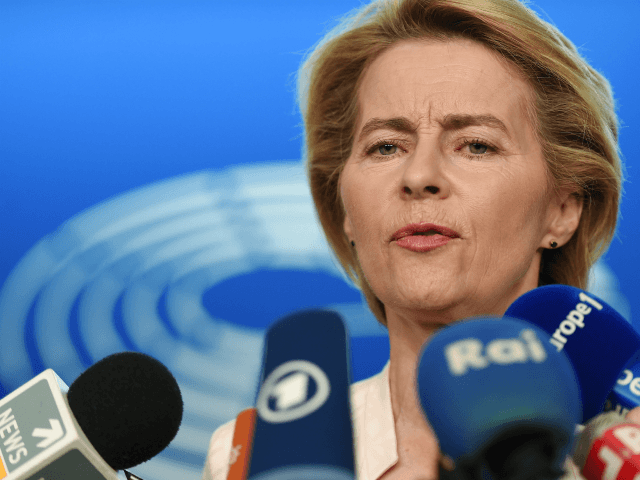European leaders are said to be “fighting like ferrets in a sack” over how to fill the €12 billion annual hole left by the UK’s exit from the EU.
When the UK left the EU on January 31st, the bloc was faced with the multi-billion pound budgetary black hole and will have to look elsewhere to fill it. The bloc’s other rich countries, like Denmark and the Netherlands, will likely have to fill the gaps whilst Brussels makes cutbacks to the subsidies of its poorer member states.
However, whilst aware that the UK was set to leave the EU, Brussels proposed in May 2018 to increase its Multiannual Financial Framework (MFF) from €1 trillion in the period 2014-2020 to €1.25 trillion in the period to 2027, exasperating the super-state’s dilemma. The EU has committed to a host of expensive endeavours, including developing an EU army, new migration management plans, its green agenda, and expansionism, which will result in more economically under-developed nations needing subsidies.
The UK was the third-largest contributor to the EU budget, and with the shortfall, one EU diplomatic source told The Guardian that European politicians preparing for the MFF are squabbling amongst themselves as to how to fill it.
“And now we are fighting like ferrets in a sack,” the diplomat said.
The richer countries — such as Denmark and the Netherlands, known as “the Frugals” — are said to be disconcerted by the prospect of having to pay more, while the 15 poorer “Friends of Cohesion” which benefit from subsidies are upset by proposed spending cuts.
One senior EU official told the newspaper: “In this negotiation, we are not expecting member states to be happy, but the degree of dissatisfaction will be key.”
However, one diplomat from “the Frugals” responded: “No chance.”
They added: “There is not a lot to say, except we won’t pay. And as the Rolling Stones song goes, ‘Time is on my side’.”
The MFF summit will begin on February 20th.

COMMENTS
Please let us know if you're having issues with commenting.